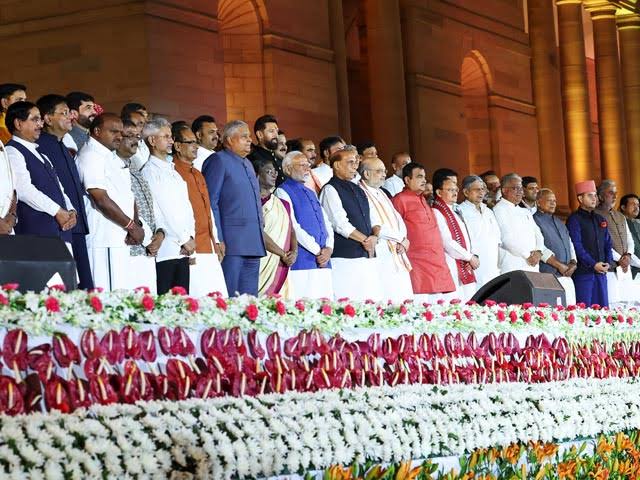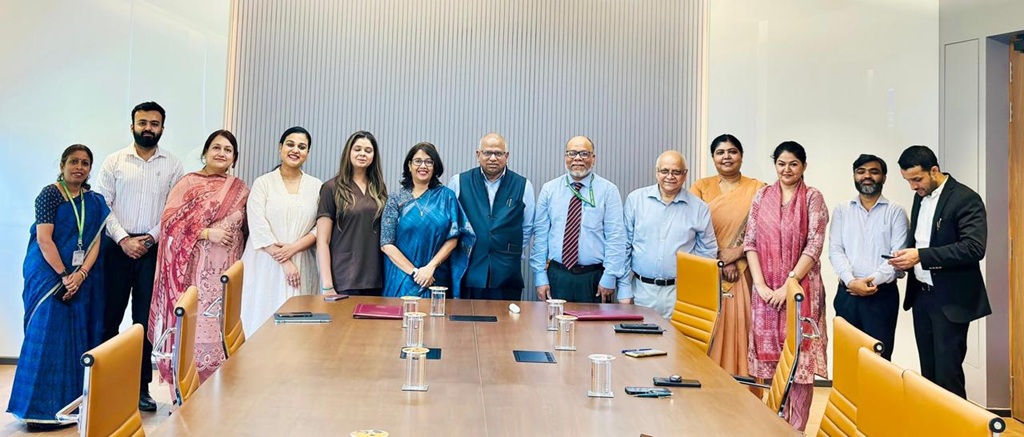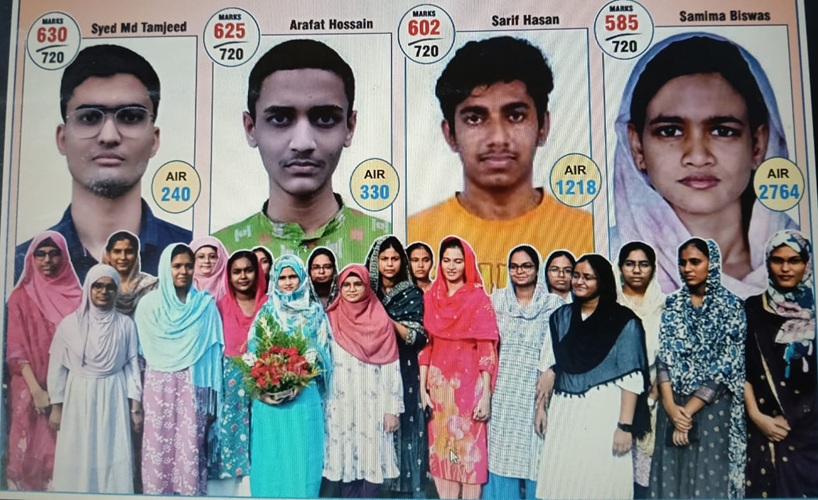For the first time since India’s independence, the Union cabinet is devoid of Muslim representation, marking a significant shift in the political landscape and raising concerns about the politics of exclusion. The 200 million-strong Muslim community finds itself without any representation in Prime Minister Narendra Modi’s cabinet. This unprecedented development underscores the Bharatiya Janata Party’s (BJP) approach towards minority inclusion.
On June 9, at 7:15 pm, BJP leader Narendra Modi made history by taking the oath as India’s 15th Prime Minister, marking his third consecutive term in office. This milestone makes Modi the first Prime Minister since Jawaharlal Nehru to lead the Union government for three consecutive terms. However, this historic moment is marred by the glaring absence of Muslim ministers in his cabinet.
In the recent elections, the BJP fielded only one Muslim candidate, in Mallapuram, who lost. This loss further emphasizes the lack of effort in ensuring Muslim representation within the ruling party. The last Muslim MP in Modi’s cabinet was Mukhtar Abbas Naqvi, who served as the Union Minister for Minorities. Since Naqvi was not re-elected to the Rajya Sabha in 2022, his seat has remained vacant.
Historically, the BJP has had Muslim ministers in its cabinets. In 2014, Najma Heptulla was sworn in as the Union Minority Affairs Minister in Modi’s first government. In 2019, Mukhtar Abbas Naqvi took on the same role. During Atal Bihari Vajpayee’s term in 1999, there were two Muslim ministers – Shahnawaz Hussain and Omar Abdullah. Even in 1998, Vajpayee’s ministry included Naqvi as a Minister of State.
This time, however, the scenario is starkly different. Of the 71 ministers who took the oath alongside PM Modi, 30 are cabinet ministers, five hold independent charges, and 36 are ministers of state. None of them belong to the Muslim community, highlighting a significant shift in the BJP’s approach to minority inclusion.
While the Union cabinet lacks Muslim representation, the Indian Parliament will see substantial Muslim representatives, mostly sitting in the Opposition. As many as 24 Muslim candidates have been elected as MPs, including 21 from the INDIA bloc, one from AIMIM (Asaduddin Owaisi), and two independent MPs Abdul Rashid Sheikh, known as ‘Engineer Rashid,’ and Mohmad Haneefa from Jammu & Kashmir.
Interestingly, there are no elected Sikh or Christian MPs in the current Parliament. However, non-elected Sikhs and Christian MPs have found their way to Modi’s cabinet – Ravneet Singh Bittu and George Kurien. Bittu lost to Punjab Congress’s chief Amrinder Raja Singh Warring, while Kurien has been with the saffron party for over three decades. Both were administered the oath and have been offered ministries.
Ravneet Singh Bittu, the grandson of former Punjab Chief Minister Beant Singh who was assassinated by Khalistani terrorists, was earlier associated with the Congress but switched to the BJP this year. His inclusion in the cabinet, despite losing the election, underscores the BJP’s selective approach to minority representation.
The absence of Muslim ministers in the current cabinet is a critical issue, given the sizable Muslim population in India. This exclusion raises questions about the BJP’s commitment to representing all segments of Indian society. It also brings to light the broader issue of political representation and inclusivity in a diverse and democratic nation.
As India progresses under Modi’s leadership, the need for an inclusive government that represents all communities becomes increasingly imperative. The current cabinet’s composition has sparked a debate on the politics of exclusion and the future of minority representation in India’s political landscape. Ensuring that every community feels represented in the nation’s highest decision-making body is essential for the health and stability of India’s democracy.






0 Comments